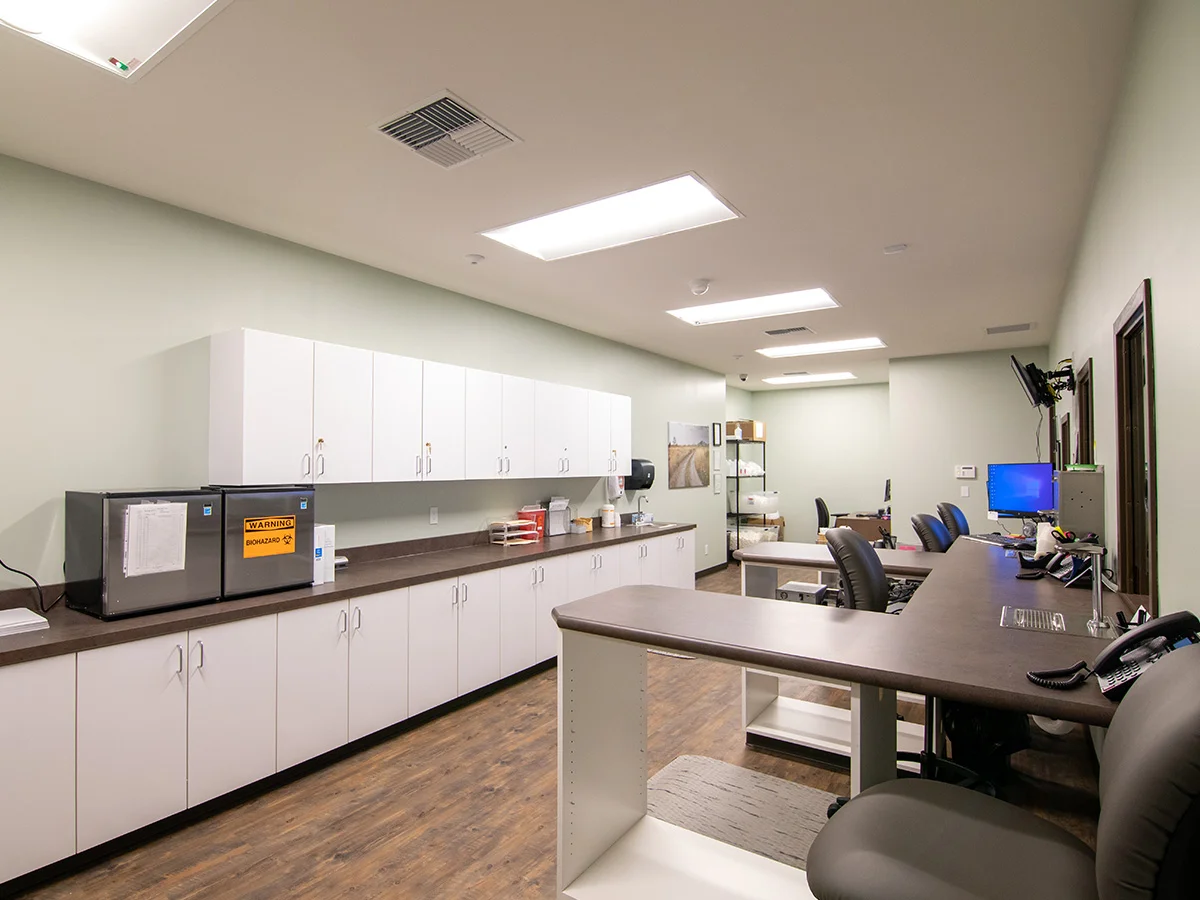Crestwyn Behavioral Health Hospital is a cutting-edge hospital providing thorough inpatient and outpatient therapy for persons with mental health issues and addiction. It is situated in Memphis, Tennessee's historic Germantown neighborhood. This top hospital provides compassionate, game-changing treatment for mental and drug use problems to people in Memphis, a city well-known for its rich musical history.
Dual diagnosis therapy, which addresses mental health diseases and drug use difficulties simultaneously, is the specialty of Crestwyn Behavioral Health. To guarantee that every patient gets treatment suitable for their age, the hospital also provides a particular program designed to meet the requirements of older citizens. At Crestwyn, treatment may begin with medically supervised detoxification, which is then followed by individual, group, and family therapy sessions. The goal of these treatments is to identify and treat the underlying causes of problems related to mental health and drug abuse. When necessary, the hospital also offers medication management to aid in the healing process.
Crestwyn provides an Intensive Outpatient Program (IOP) and a Partial Hospitalization Program (PHP) for those making the move from inpatient treatment to independent life. For a maximum of four weeks, the PHP is open Monday through Friday from 9 am to 3 pm and offers patients organized care while they recover their independence. With three-hour sessions held three days a week and a maximum duration of four weeks, the IOP enables patients to continue their treatment while managing other obligations in their lives.
Crestwyn Behavioral Health is dedicated to assisting patients in acquiring the knowledge and skills necessary for sustained rehabilitation and enhanced quality of life, in addition to reducing upsetting symptoms. The hospital's approach to care is centered on the commitment and empathy of Crestwyn's team of skilled experts, who work closely with each patient to create an individualized treatment plan.
The Joint Commission's accreditation of Crestwyn Behavioral Health Hospital guarantees that it maintains the highest standards of treatment. For individuals in need, access to treatment is made simple and affordable by the hospital's acceptance of Medicare, Medicaid, Tricare, and a number of private insurance programs. Even if there are conflicting opinions about the facility, it is advised to thoroughly analyze them before choosing a treatment plan at Crestwyn.
Crestwyn Behavioral Health Hospital Information
Treatment
Who We Treat
- Teens / Adolescents
- Adults
- Seniors/Older Adults
- Older Adults
- Adolescents
- Male and Female
- Veterans
Treatment Focus
- Older Adults
- Adolescents
- Alcohol
- Anxiety
- Detox
- Bipolar
- Depression
- Suicidality
Approaches
- Personalized Treatment
- Evidence-Based
- Medical
- Family Therapy
- Experiential
- Cognitive Behavioral Therapy (CBT)
- Motivational Interviewing
- 1-on-1 Counseling
- Art Therapy
- Music Therapy
- Recreation Therapy
- Life Skills Training
Conditions We Treat
- Depression
- Anxiety
- Bipolar Disorder
- Post Traumatic Stress Disorder (PTSD)
- Personality Disorder
- Psychosis/Schizophrenia
- Self-Harm
- ADHD/ADD
- Bipolar
- Suicidality
- Schizophrenia
- Personality Disorders
- Anger
- Co-Occurring Disorders
Substances We Treat
- Alcohol
- Prescription Drugs
- Heroin
- Opioids
- Cocaine
- Synthetic Stimulants (Bath Salts)
- Synthetic Drugs
Languages
- English
Aftercare
- Discharge Planning
- Relapse Prevention Planning
- Intensive Outpatient Program
- Outpatient Treatment
- Continuing Care
- Support Meetings
Level of Care
- Outpatient
- Intensive Outpatient Program (IOP)
- Day Treatment
- Detox
- Aftercare/Continuing Care
Experience
On-Site Amenities
- Basketball Court
- Outdoor Lounge
- Outdoor Space
- Recreation Room
Personal Amenities
- Air-Conditioned Rooms
- En Suite Bathroom
- Private or Shared Rooms
On-Site Activities
- AA/NA Meetings
- Games
- Physical Fitness
Accreditations
-
The Joint Commission
The Joint Commission accreditation for addiction and behavioral health is a prestigious recognition signifying a facility's commitment to delivering high-quality care and safety for individuals dealing with substance abuse and mental health issues. It involves rigorous evaluations and assessments, ensuring patients receive evidence-based treatment and exceptional care. This accreditation demonstrates a facility's dedication to continuous improvement and ethical practices, building trust among patients and healthcare professionals seeking top-tier addiction and behavioral health services.

Additional Locations
Crestwyn Behavioral Health Hospital Accepts The Following Insurance Plans
Find the best treatment options. Call our free and confidential helpline today!














